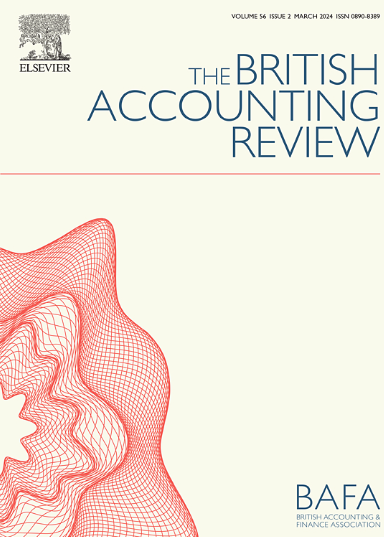Human capital in the financial sector and corporate innovation: Evidence from China
IF 5.5
3区 管理学
Q1 BUSINESS, FINANCE
引用次数: 0
Abstract
This paper investigates how human capital in the financial sector affects corporate innovation. Based on China's National Economic Census in 2008, we construct a measure of the financial sector's human capital across prefecture-level cities and then match the data with nonfinancial listed firms over 2009–2017. We find that human capital in the financial sector plays a significant and positive role in firms' patent quantity and quality; this effect is more pronounced for firms with higher R&D intensity, more serious financial constraints, lower industry competition and those located in regions with lower bank density and lower marketization levels. Furthermore, the mechanism tests show that debt issuance and R&D investment increase as more highly educated workers flow into the financial sector, while the cost of debt and the cash flow sensitivity of fixed assets investment decrease, consistent with the credit constraints channel. Our findings argue that increasing human capital in the financial sector does not impede corporate innovation but strengthens corporate innovation by reducing the information asymmetry between the financial and productive sectors.
金融业的人力资本与企业创新:来自中国的证据
本文研究了金融业的人力资本如何影响企业创新。基于 2008 年中国全国经济普查的数据,我们构建了地级市金融业人力资本的衡量指标,并与 2009-2017 年非金融类上市公司的数据进行了比对。我们发现,金融部门的人力资本对企业的专利数量和质量有显著的正向作用;对于研发强度较高、财务约束较严重、行业竞争程度较低以及位于银行密度较低、市场化水平较低地区的企业,这种作用更为明显。此外,机制检验表明,随着更多受过高等教育的工人流入金融部门,债务发行和研发投资会增加,而债务成本和固定资产投资的现金流敏感性会降低,这与信贷约束渠道一致。我们的研究结果认为,金融部门人力资本的增加不仅不会阻碍企业创新,反而会通过减少金融部门与生产部门之间的信息不对称来加强企业创新。
本文章由计算机程序翻译,如有差异,请以英文原文为准。
求助全文
约1分钟内获得全文
求助全文
来源期刊

British Accounting Review
BUSINESS, FINANCE-
CiteScore
8.60
自引率
3.90%
发文量
39
审稿时长
76 days
期刊介绍:
The British Accounting Review*is pleased to publish original scholarly papers across the whole spectrum of accounting and finance. The journal is eclectic and pluralistic and contributions are welcomed across a wide range of research methodologies (e.g. analytical, archival, experimental, survey and qualitative case methods) and topics (e.g. financial accounting, management accounting, finance and financial management, auditing, public sector accounting, social and environmental accounting; accounting education and accounting history), evidence from UK and non-UK sources are equally acceptable.
 求助内容:
求助内容: 应助结果提醒方式:
应助结果提醒方式:


